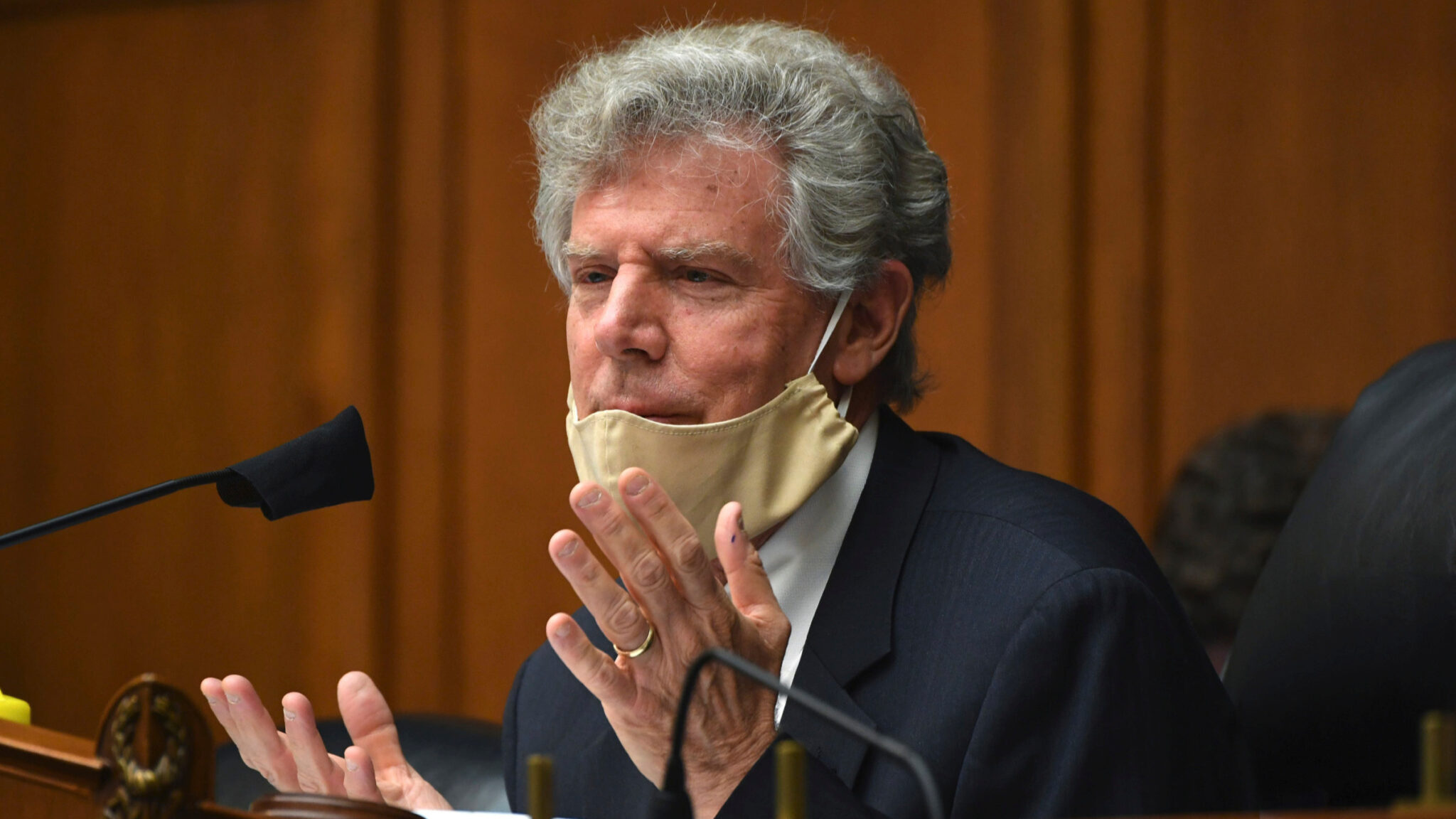
House Energy & Commerce committee chair Frank Pallone (D-NJ) (Kevin Dietsch/Pool via AP Images)
Completely clean FDA-industry user fee deal attached to a must-pass government spending bill
With four days left in the fiscal year, FDA-related policy riders approved in both House and Senate committees, at least for now, appear dead, according …
Sign up to read this article for free.
Get free access to a limited number of articles, plus choose newsletters to get straight to your inbox.